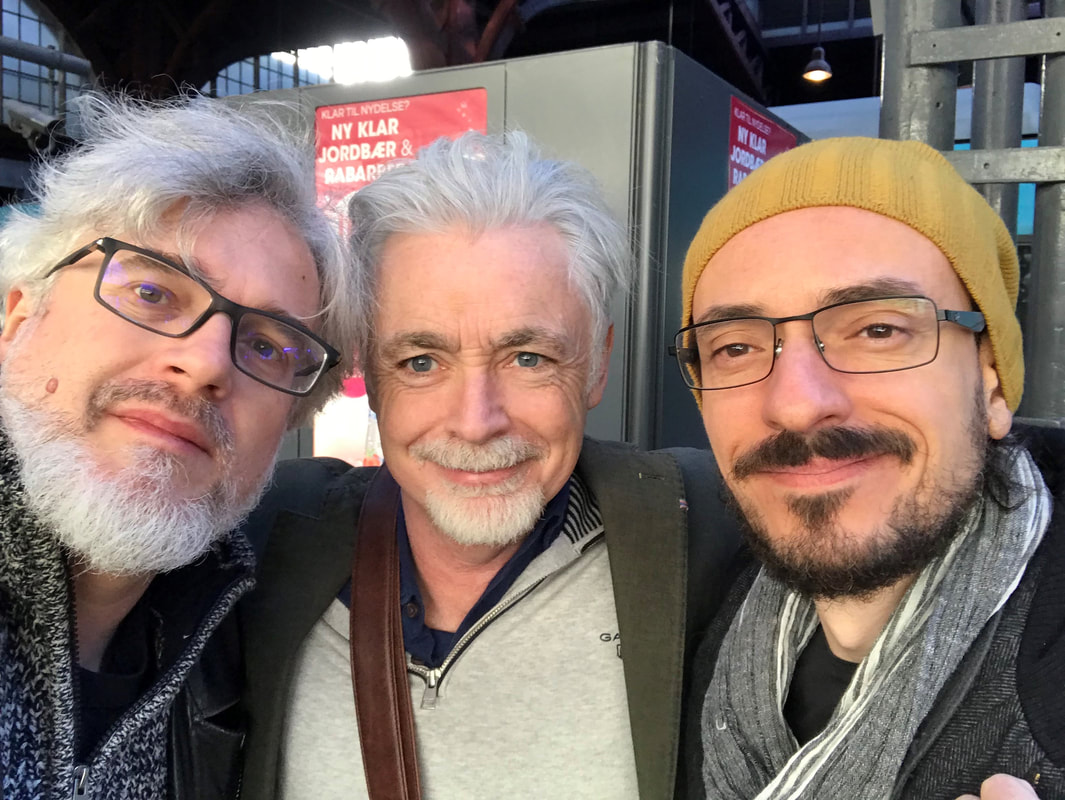
This is only the beginning though, after rejoicing at finding Kwame, he is then trying to earn enough money to gain passage on a boat for them to go together to Europe, where they hope to find their sister. A map, a note from the creators, and a brief black and white interview with Helen, a refugee who actually survived a similar journey, will be included in the bound book.What a gem of a book! The tone is exactly right, we come to feel the fears, hopes, exhilaration and live through the trauma of Ebo, as he searches for his brother who has headed off to try and get to Europe as a refugee. Readers may suspect a benevolent authorial hand at work in Ebo’s knowledge of what to do in almost any heretofore unknown situation, in his ability to sing his way out of trouble, and in his lucky breaks at finding his brother in Africa and his sister in Europe, but most will agree that luck plays a significant role in determining who reaches shore alive. Rigano’s paneled artwork ably conveys the unforgiving land- and seascapes the migrants traverse as well as the surreal passage of time as it switches from long days adrift and brief, violent encounters ashore.


There’s still tragedy to come, though, and Ebo faces unbearable loss before he’s delivered to a refugee center and ultimately into the arms of his sister. It is on the leaky, overcrowded inflatable raft that the “Now” plot thread unwinds, as fourteen hapless refugees run out of food and water and, finally, hope, only to be saved by a ship. The graphic novelization may be fictional, but the details are heartbreaking and convincing, as Ebo schmoozes his way onto a bus sells antiseptic wipes that fell off the back of a truck in Agadez, Niger reunites with Kwame and takes off northward across the desert with shady traffickers and finally, in Tripoli, secures a place on a boat bound for Italy. Ebo couldn’t wait, and readers piece together his route and his resourcefulness in securing passage with no money to his name.


In narration that moves between “Then” and “Now,” twelve-year-old Ghanaian refugee Ebo recounts his harrowing flight from his village on the heels of his older brother, Kwame, who left to get a toehold in Europe, where he hoped to find their older sister, get work, and send for Ebo.


 0 kommentar(er)
0 kommentar(er)
